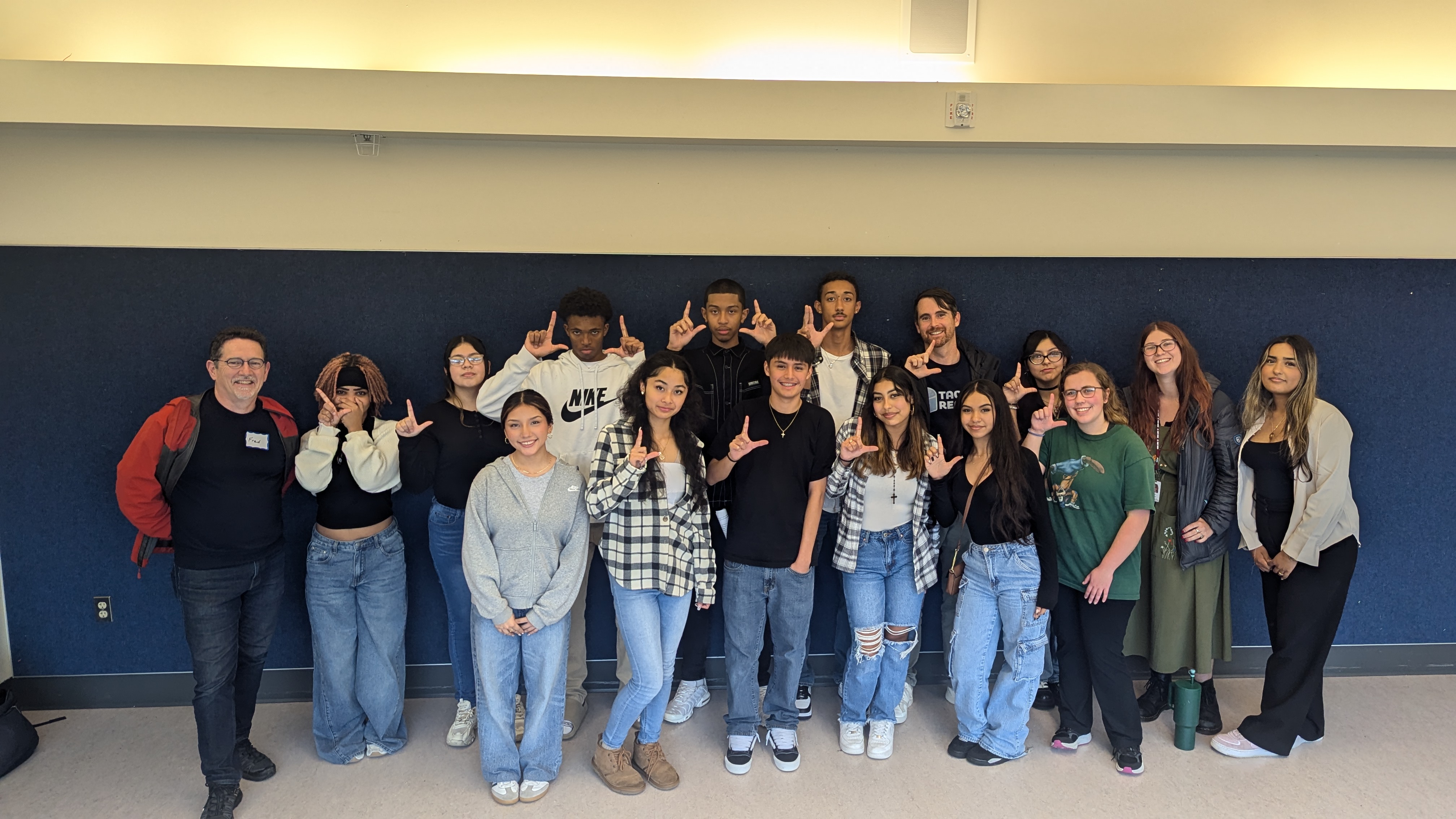An intentional partnership is a school–university relationship that forges constructive interaction between a selected local school and the School of Education to create sustained engagement with questions of teaching and learning.

An intentional partnership is a school–university relationship that forges constructive interaction between a selected local school and the School of Education to create sustained engagement with questions of teaching and learning.

"The educational exchanges with the University of Puget Sound and the University of Washington Tacoma provide McCarver students an opportunity to envision themselves in higher education. While engaged in team-building activities, the college students mentor 5th graders to work cooperatively and develop academic skills. I firmly believe that the educational exchanges are one of the most important experiences I can give my students."
The School of Education has engaged actively with Tacoma’s Lincoln High School to prepare educators for effective, collaborative work in urban schools. Each year, MAT candidates are involved in various experiences at Lincoln, including completing practicum experiences, participating in after-school programs, joining professional development activities with experienced educators, and completing student teaching.
The School of Education has been closely connected with Stafford Elementary in South Tacoma, since it opened in 2008. MAT candidates are placed with highly experienced mentor teachers at Stafford, who guide beginning teachers through a formative internship experience.
Professors Amy Ryken and Monica DeHart developed an educational exchange and community development partnership with Edna Travis Elementary School (formerly McCarver Elementary) in collaboration with the University of Washington, Tacoma, the Greater Metro Parks Foundation, and other local community groups. The initiative included extended classroom collaborations between elementary and college students and active contribution to community-based projects. See Cook, S. (2018). Common Ground. Arches 45 (2): 24-31.
Our intentional partnership with Point Defiance Elementary emphasized the intersection of multiple voices (teacher candidates, mentor teachers, university professors, principal, & clinical supervisors) to create dialogue across university and school-based contexts. Goals included:
The central practice of this intentional partnership was discussion of specific dilemmas of teaching by analyzing student, teacher, and/or curriculum artifacts.
The Race and Pedagogy Institute educates students and teachers at all levels to think critically about race, cultivate terms and practices for societal transformation, and act to eliminate racism. School of Education students, staff, and faculty support the institute by planning conference sessions focused on K-12 teachers and students, presenting at and attending conference sessions, supporting undergraduate students to present their work, and serving as guest editors for the Race & Pedagogy Journal.
The School of Education and the Department of African American Studies work to develop intentional and mutually beneficial opportunities for programmatic and curricular collaboration. Our collective work is focused on unearthing, processing, and sitting with racist and historical legacies; imagining generative cross-program collaborations; supporting the ongoing work of the Race and Pedagogy Institute, and grounding teacher and counselor education in the specific context of Tacoma’s urban education environment.
As a part of our partnership with the Race and Pedagogy Institute, the School of Education students and faculty engage with community members who participate in the Race and Pedagogy Community Partners Forum and Vibrant Schools. The Race and Pedagogy Institute, Vibrant Schools, and the School of Education collaborated to write a successful grant proposal for the Pilot to Policy: Advancing Systemic Equity Grant. The purpose of the grant is to increase equity in educator preparation programs and to inform Professional Educator Standards Board (PESB) policy related to cultural responsiveness and equity.
Return to elementary, secondary, or music education pages.

MAT students get hands-on experience as part of their educational journey.
© 2025 University of Puget Sound